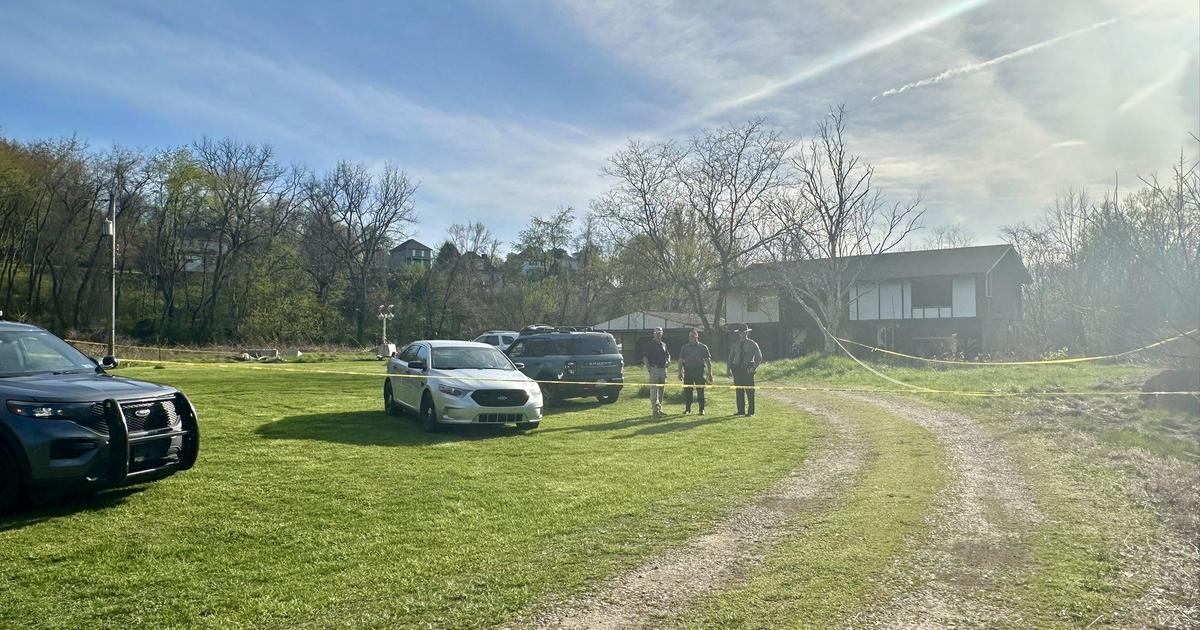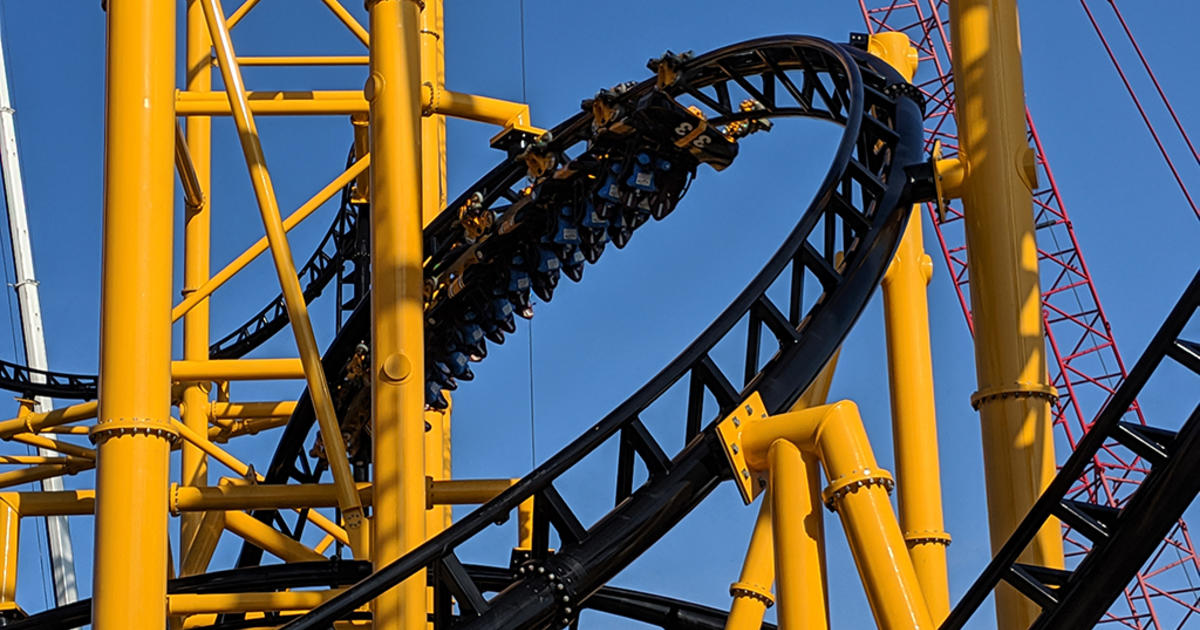Lawsuits piling up against Norfolk Southern after train derailment
Lawsuits against Norfolk Southern are piling up nearly two weeks after a train derailed in eastern Ohio, releasing toxic chemicals and forcing thousands of locals to evacuate.
On Wednesday, the plaintiffs' law firm Morgan & Morgan filed a class-action suit in federal court in Ohio on behalf of two women living in East Palestine, near the derailment. The Ohio village of about 4,700 people sits near the Pennsylvania state line and about 50 miles west of Pittsburgh.
"Norfolk Southern discharged more cancer-causing Vinyl Chloride into the environment in the course of a week than all industrial emitters combined did in the course of a year," the suit alleges, claiming that the company chose to burn the vinyl chloride, turning it into a highly toxic gas, rather than disposing of it safely.
"From chemicals that cause nausea and vomiting to a substance responsible for the majority of chemical warfare deaths during World War I, the people of East Palestine and the surrounding communities are facing an unprecedented array of threats to their health," Morgan & Morgan attorneys said in a statement.
The suit claims that "thousands of residents" in rural eastern Ohio and western Pennsylvania could have been exposed to the toxins.
At least six other lawsuits have been filed against the company claiming negligence and seeking payment for property damage, economic loss suffered by business owners and exposure to hazardous chemicals.
Norfolk Southern was in the news again Thursday when one of its trains derailed in Van Buren Township, Michigan. Roughly 30 cars came off the track, including one containing liquid chlorine, but local public safety officials said on Facebook that there is no evidence of a chemical spill. State and local authorities are investigating, according to CBS News Detroit.
Town hall no-show
Norfolk Southern representatives failed to appear at a town hall Wednesday night, citing "growing physical threat to our employees and members of the community." The company announced this week it would create a $1 million fund to help the community recover, calling it a "down payment on our commitment to help rebuild."
Also on Wednesday, Ohio's attorney general, Dave Yost, told Norfolk Southern his office is considering suing the rail operator, warning the company to preserve all information potentially relevant to legal action.
"The pollution, which continues to contaminate the area around East Palestine, created a nuisance, damage to natural resources and caused environmental harm. Local residents and Ohio's waters have been damaged as a result," he wrote.
Norfolk Southern declined to be interviewed. "We do not comment on pending litigation," the company said.
The company's stock has fallen roughly 9% since the Feb. 3 derailment in Ohio.
Derailment
On February 3, a freight train derailed in a fiery, mangled mess of nearly 50 cars on the outskirts of East Palestine. No one was injured, but officials seeking to avoid an uncontrolled blast had the area evacuated and opted to release and burn toxic vinyl chloride from five rail cars, sending flames and black smoke billowing into the sky.
The spilled contaminants affected more than 7 miles of the Ohio River, killing 3,500 fish, according to the state Department of Natural Resources.
There have been anecdotal reports that pets and livestock have been sickened, the Associated Press reported. No related animal deaths have been confirmed, state officials said. Such confirmation would require necropsies and lab work to determine a connection to the incident.
So far, water and soil testing have not detected any contaminants, officials with the Environmental Protection Agency said in a press conference Thursday. The head of the EPA visited the site, walking along a creek that still reeks of chemicals, as he sought to reassure skeptical residents that the water is fit for drinking and the air safe to breathe.
However, the agency warns residents who rely on private drinking sources not to drink from private water wells until they've been tested by an independent consultant.
Precision-scheduled railroading
Officials are still unclear on the precise cause of the derailment, but suspect the cause is a mechanical issue with a rail car axle. The National Transportation Safety Board said it has video appearing to show a wheel bearing overheating just before the derailment. The NTSB said it expects to issue its preliminary report in about two weeks.
The incident has drawn attention to precision-scheduled railroading, a management technique that workers say has made trains more dangerous and harder to handle. A recent Government Accountability Office report found that PSR resulted in a 28% cut in staff across the seven major commercial railroads. The number of derailments fluctuated, with Norfolk Southern reporting 2 derailments per million train miles over the past decade.
Employees of Norfolk Southern previously told CBS News the train broke down at least once on its route before derailing on February 3. The workers blamed the train's size — 18,000 tons and 9,300 feet, or 1.8 miles long.
"We shouldn't be running trains that are 150 car lengths long," one of the employees said. "In this case, had the train not been 18,000 tons, it's very likely the effects of the derailment would have been mitigated."
A company spokesman told CBS News that the train's distribution was "uniform throughout" and that the route previously held a longer, heavier train that was "split into two shorter, lighter trains in the past few months."
Railroad unions have for the past three years accused companies of cutting corners, stretching workers thin and rushing essential safety checks.
"Safety be damned"
"They have made reductions anywhere they can make reductions," Jared Cassity, an official with the SMART Transportation Division, which represents some Norfolk Southern workers, said on a recent podcast. "It's 'Safety be damned, let's get the freight over the road.' That's the new approach."
Cassity said that training for new workers had been cut down from 18 weeks to six, and workers sometimes have just 90 seconds to conduct a safety inspection of an entire train car.
Sen. Sherrod Brown (D-Ohio) called out the rail company for giving out dividends and stock buybacks last year. "Their total buybacks and dividends are higher than their investment in rails," he said at a press event Thursday.
CBS News' Michael Kaplan and The Associated Press contributed reporting.



